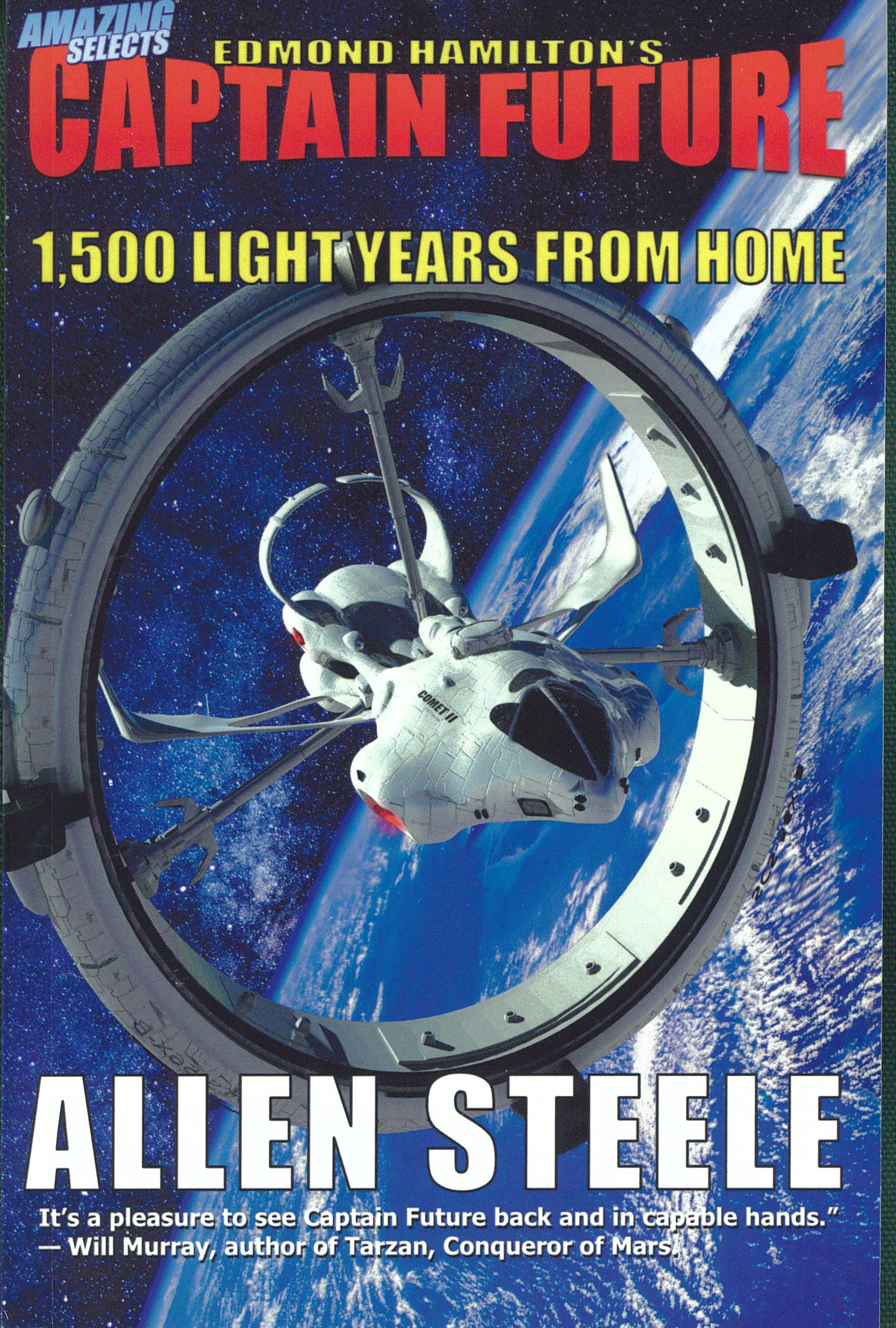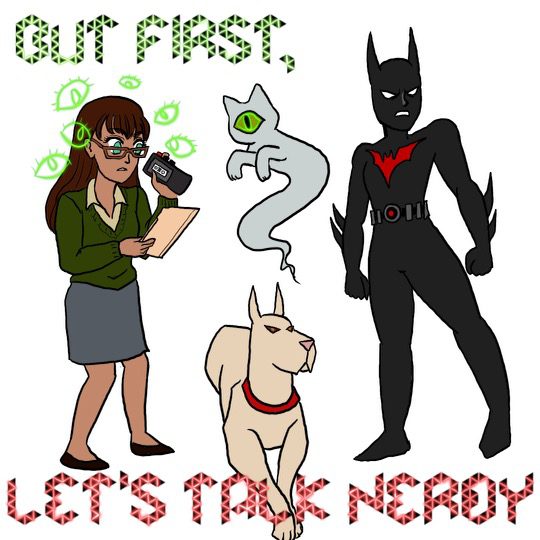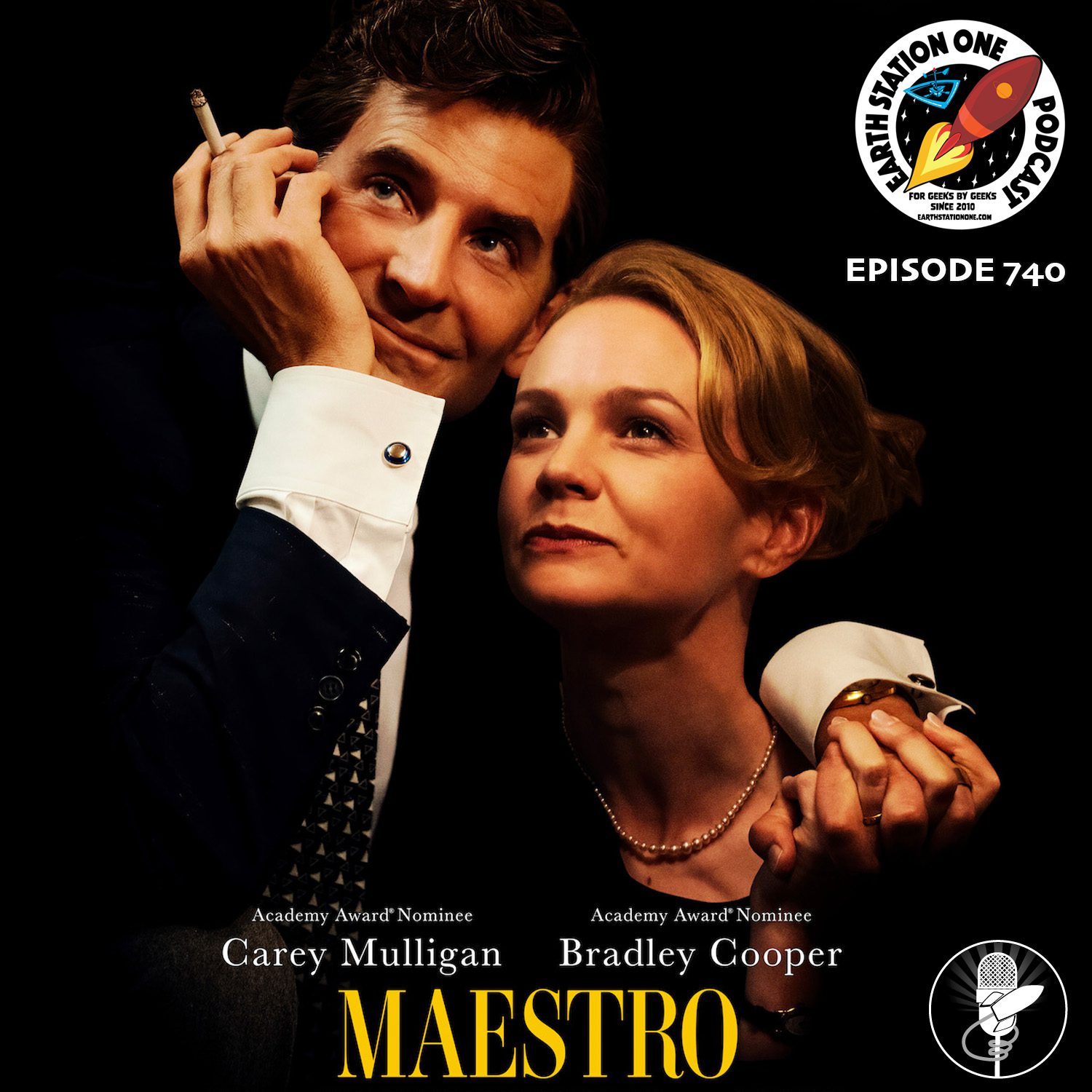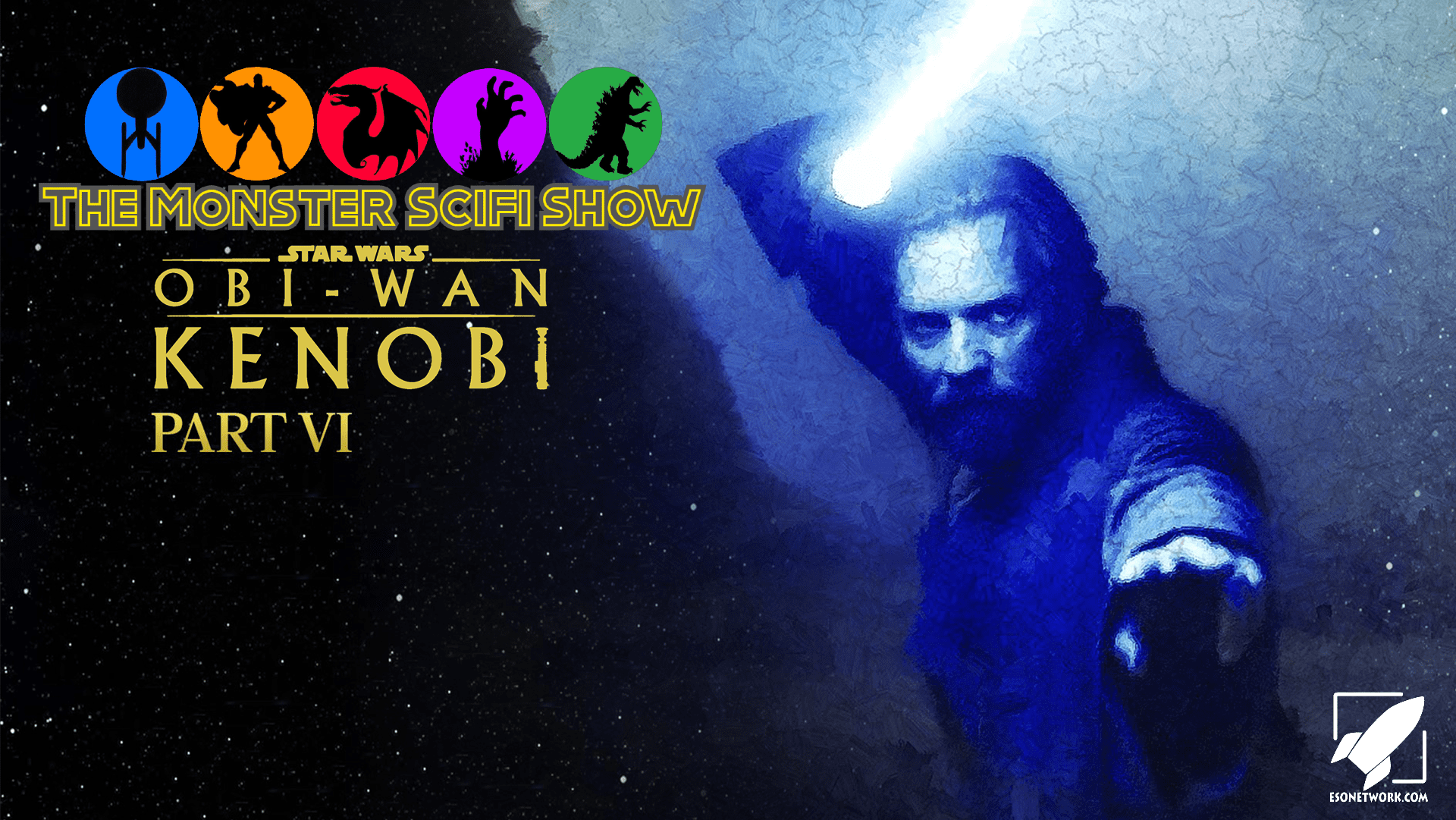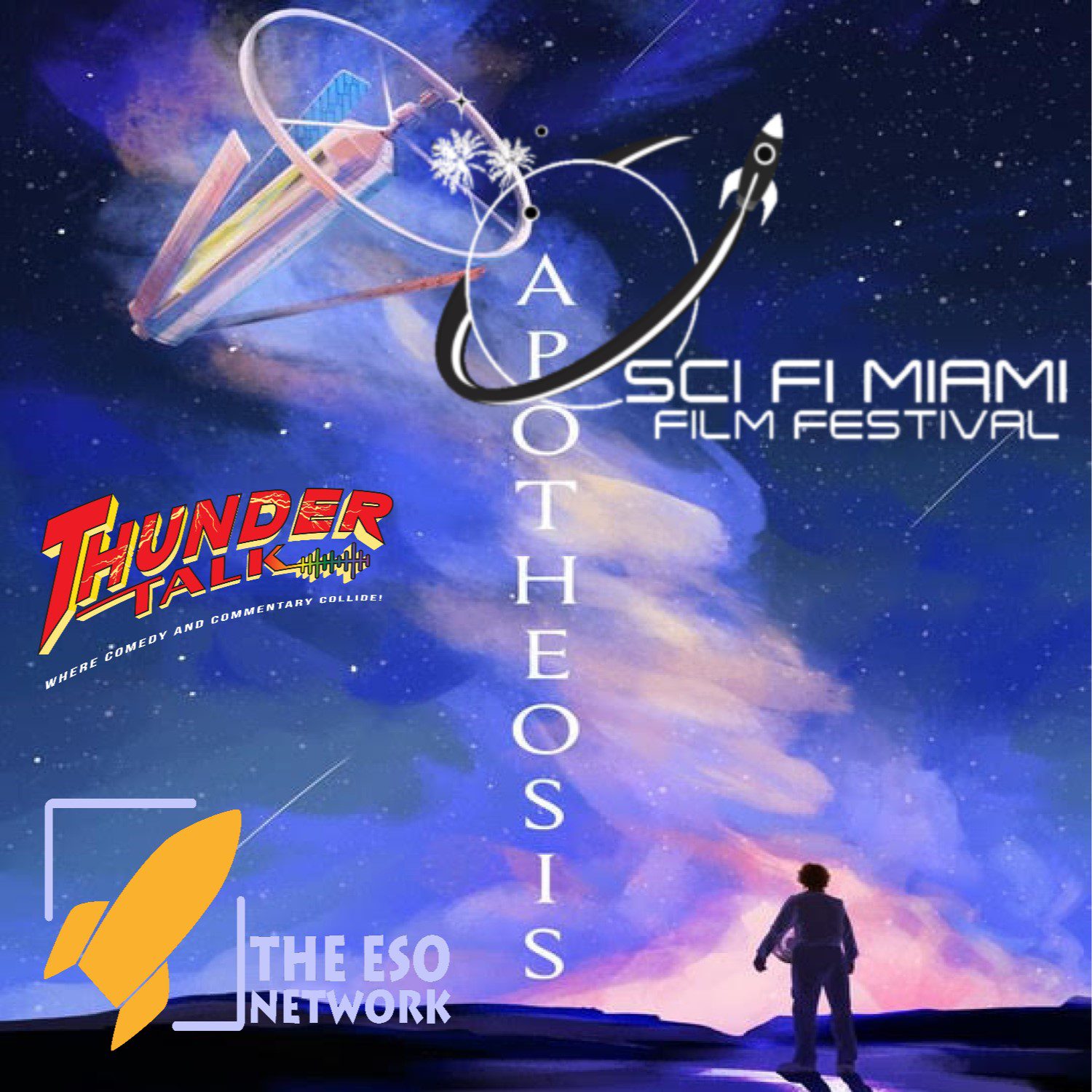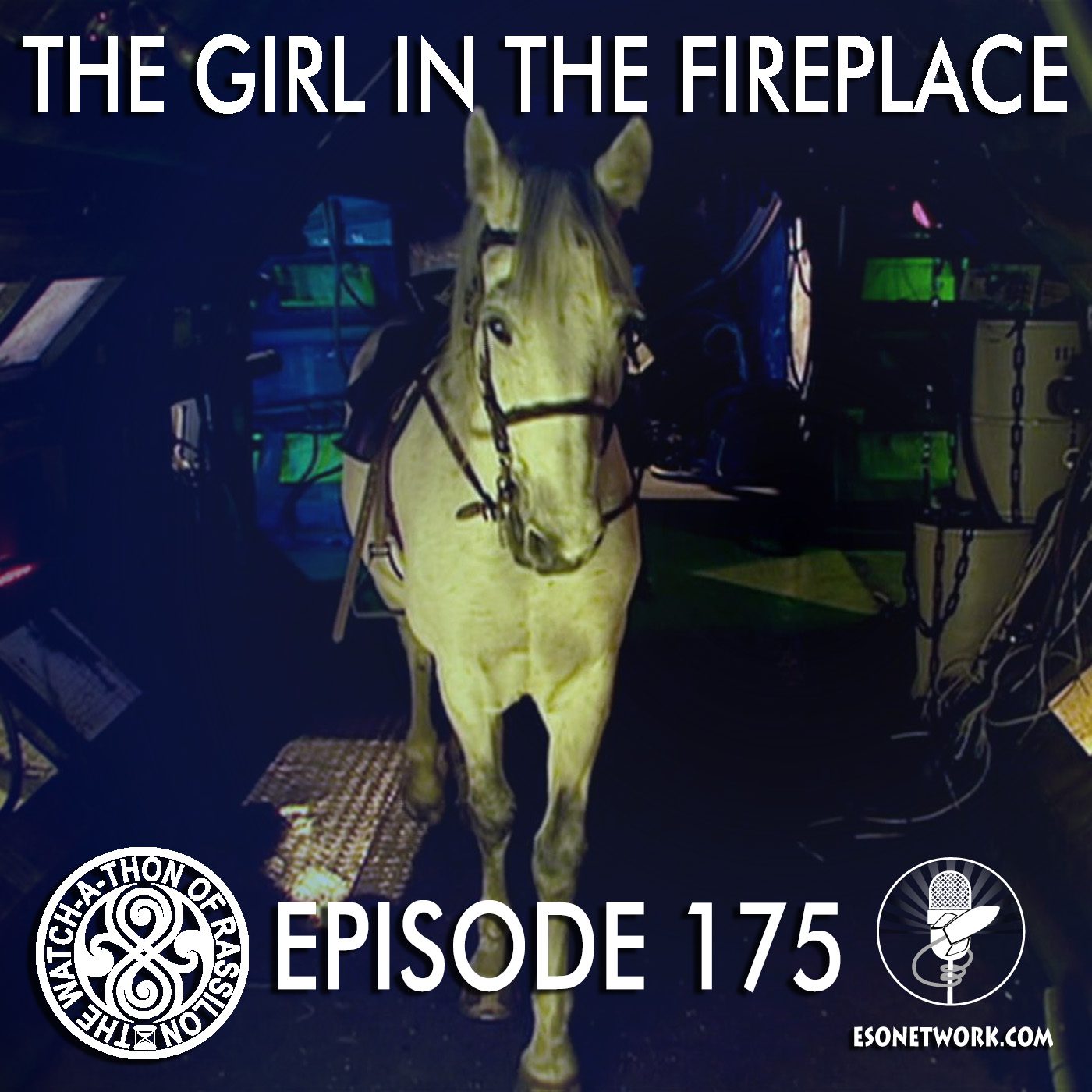 Blurb: The TARDIS lands in Berlin in the 1930s, where Hitler and his National Socialist party are in the ascendant.
Blurb: The TARDIS lands in Berlin in the 1930s, where Hitler and his National Socialist party are in the ascendant.
Some of the greatest scientific minds are gathering here: Einstein, Heisenberg, Planck, Schrödinger, Wigner. The people who will build the future of planet Earth.
But the Doctor and Susan have brought something with them. Something apparently harmless, something quite common. Yet something that could threaten the course of history…
Review: The period before Doctor Who’s television debut in An Unearthly Child is often shrouded in mystery. The Doctor changed a lot during the time that he knew Ian and Barbara and it seems like many creators either don’t want to pull back the veil and reveal the Doctor’s character from that period, or they just don’t want to write for the Doctor during a time when he was a far more callous individual. Therefore, most of the stories that have been set in that period have used it as an opportunity to develop the character of Susan and give some context and background to the character that was seen onscreen and criticized so often for her bizarre behavior. The Alchemists goes a different route. It eschews the opportunity that the Companion Chronicles format gives it to develop Susan’s character and replaces it instead with a straight up adventure.
The story is a true historical, which is well in keeping with the Hartnell era and a welcome change in pace for many of the audio adventures. Sometimes the worst monsters are our fellow humans and the true historicals show that, allowing for more dramatic tension than the typical science-fiction romp. Here, Susan has to deal with 1930’s Berlin with the Nazis on the ascendant. Here that mostly allows them to be used as a backdrop for the story being told. Writer Ian Potter is able to use his story to weave in an explanation about a lot of the politics and situation in 1930’s Berlin, depicting some of the social strata and political groups at play and educating the audience as a true historical should.
The plotline is an interesting one. Rumors swirled in the 30’s that the great physicists had cracked the alchemical secret of turning lead into gold. With modern physics we know that it’s possible to do this in a particle accelerator, but it’s not economical since the cost of the gold that is obtained from the process is less than the cost of the energy that’s put into it. Yet, the idea of being able to create “free money” would be an enticing lure to many and some would go to any lengths to figure out how it was done. Add to that the intrigue in 1930’s Berlin with the various political factions operating around some of the greatest minds of the time and you have a recipe for a very interesting story.
Unfortunately, much of the opportunity made by this interesting idea is wasted. The first episode is devoted to the set up, which is typical of the Hartnell historical stories. Yet, in this case there are only two episodes to work with rather than the four or six that were standard in the Hartnell era. Once the climax of episode one is reached, there isn’t much time for the story to develop further before the central conflict is achieved. Even worse, the framing sequence seems to be tacked on just because this is a Companion Chronicle. Susan apparently writes this story down for Barbara in case she ever has to leave, something that she never seemed to contemplate in the TV series. In fact, she’s horrified when the Doctor brings up the idea in The Dalek Invasion of Earth. There’s some lip service paid to the concept of whether history can be changed. Susan says that the Doctor was wrong in The Aztecs. While later stories tell us that she’s right, her line of reasoning makes no sense. More confusingly, the subject of history being altered has almost no bearing on the story that Susan tells, making the story feel very disjointed with the framing sequence inserted just for the author to make a point about a bit of continuity.
This story is told from Susan’s point-of-view. As usual, Carole Ann Ford does a great job of recapturing the voice of the character. She also performs as the Doctor. Although she doesn’t sound a thing like him, she captures the mannerisms and tone of the character beautifully, giving a performance that’s all about the emotional heart of the character and her relationship with Hartnell rather than an actual imitation. Unfortunately, the story doesn’t serve their characters all that well. Both show themselves to be far more trusting than would make any sense. Susan especially shows an almost ridiculous amount of naivety trusting people that almost twirl their mustaches vocally and who clearly do not mean her or her grandfather well. The Doctor doesn’t do much better. While he gets to sit out of a portion of the story, when he is around he’s depicted as a coward who would do anything including giving away future know-how to save himself and Susan. While the Doctor on television was not always depicted as the most heroic type, there were certain lines that he refused to cross and he had a steely determination about those. This is one of those things and it seems really strange to have him break that rule here.Wayne Forrester rounds out the cast as Pollitt, the enigmatic friend that Susan makes in Berlin. Atypically for a Companion Chronicle, Forrester helps Ford out with some of the other roles, playing various Germans with a slightly over-the-top accent. Pollitt himself is a British expatriot living in Berlin. Forrester plays Pollitt with several layers that come out in his vocal performance. Pollitt is actually one of the saving graces of the story and becomes one of the most memorable secondary characters introduced in the Companion Chronicles.
Recommendation: A mixed bag. The Alchemists has an incredibly slow start as a non-humorous comedy turned intrigue-thriller, but the runtime hardly develops either side to shine and the whole thing ends with a whimper rather than a bang. There’s an interesting character introduced in Pollitt that might be worth developing further and the history makes for a fascinating backdrop, but unfortunately the story doesn’t live up to the potential. The regulars are hopeless and if you had hoped for another Companion Chronicle showcasing the character that Susan could have been, then this isn’t the story for you. On the other hand, this is a mostly continuity-free adventure rather than a couple of references in the framing sequence that have little bearing on the story being told, so anyone could pick this up and have a listen without needing to hear or see anything else. I suggest skipping it, but it makes for an acceptable listen if you find it at a bargain price.
6/10
2013
Audio Drama
Big Finish Productions
Directed by Lisa Bowerman
Produced by David Richardson
Written by Ian Potter
Runtime Approx 60 min.











